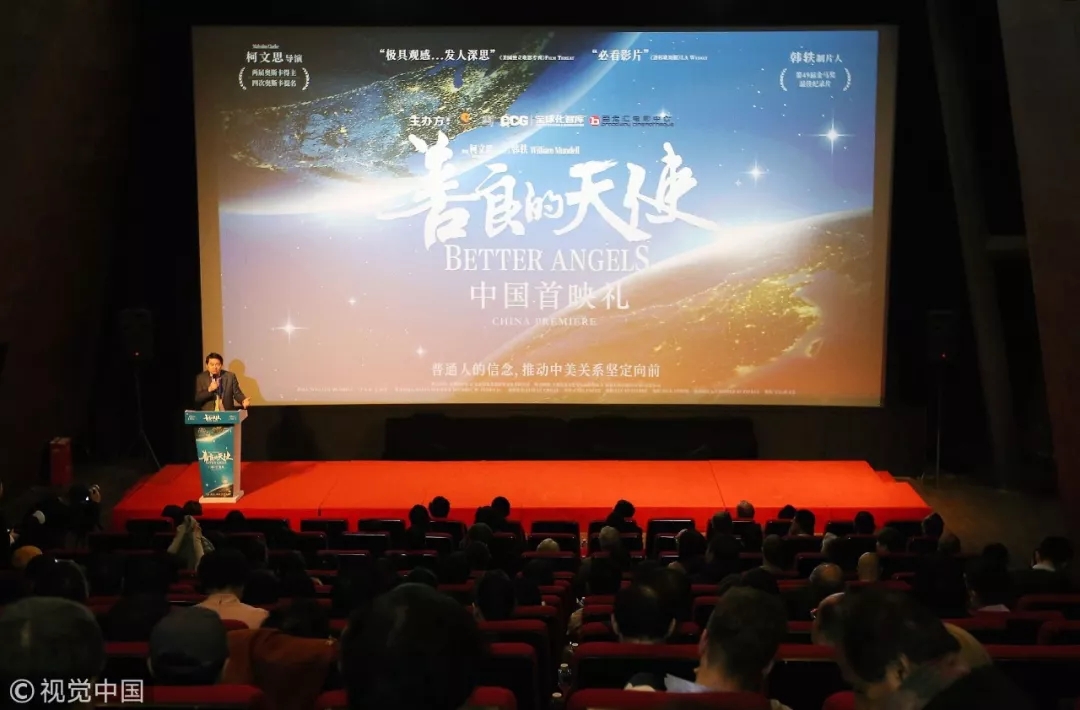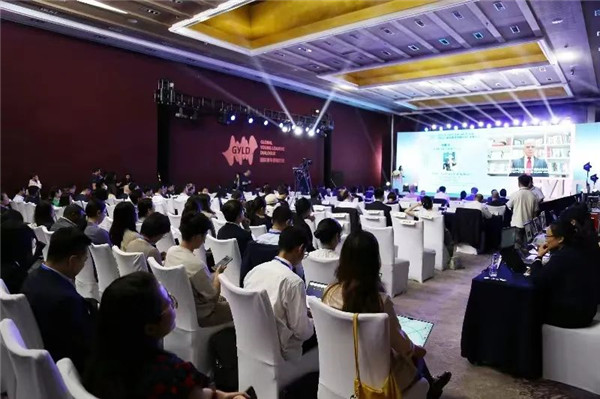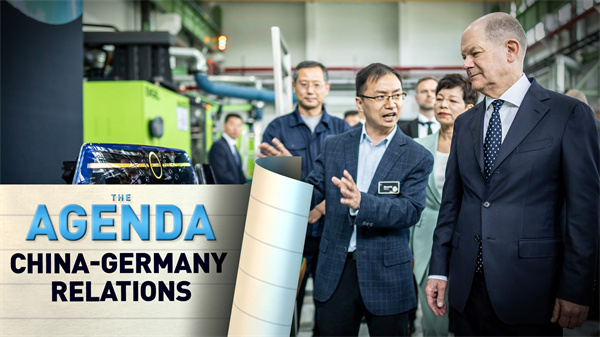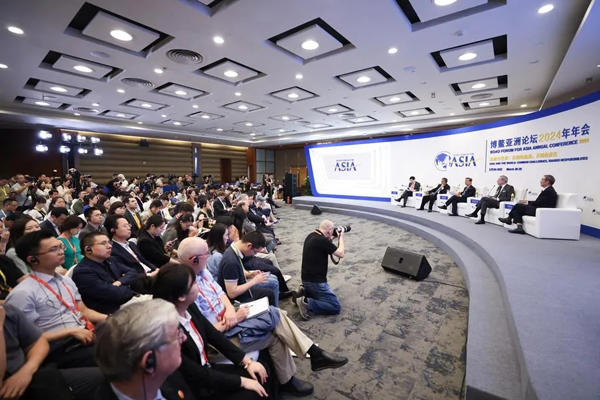【CGTN】Better Angels’ significant for cutting information deficit
November 27 , 2018Amid escalating trade tensions between the world’s two largest economies, “Better Angels,” the first documentary exploring Sino-U.S. ties by Oscar-winning director Malcolm Clarke, will hit Chinese screens in January 2019.
Over five years, crossing four continents, the film features stories of “accidental diplomats” – Chinese and American individuals – in the development of Sino-U.S. relations. These stories are interlaced with observations from political, academic and business tycoons, including former U.S. Secretary of State Henry Kissinger, former Chief Executive of Hong Kong Tung Chee-hwa and former Australian Prime Minister Kevin Rudd, to give the audience a deeper insight into an established U.S. and an ascending China.

Documentary “Better Angels” is premiered in Beijing, November 24, 2018. /VCG Photo
“I hope the film will shatter the myths that Americans hold about China and Chinese hold about America,” William Mundell, a producer of the film, said at the premiere. With its name borrowed from Abraham Lincoln’s quote “the better angels of our nature,” the film is an attempt to explore the better part of our nature for better development of Sino-U.S. ties.
The China-U.S. relationship is undeniably the most important pair of relations on the international arena, but misunderstandings on China’s rise have painted the bleak picture of the bilateral ties. This is the background where the film was shot.
“It has a great necessity to screen the film in China, and a greater necessity to screen it in America… so that a consensus could be reached among American people, American parties and American society that China achieved today’s progress via its own efforts,” Chen Wenling, chief economist at the China Center for International Economic Exchanges. said at a seminar on the sideline of the premiere.

Professor Xu Jinghong from Tsinghua University echoed Chen’s views, highlighting that “not only Americans but some Chinese living in the U.S. have a poor understanding of China.” Xu added that “in spite of fractions, Chinese and American entrepreneurs still have a strong will to cooperate with each other, be it in trade or technology.”
He Ning, a senior research fellow at the Center for China and Globalization, emphasized the importance of trade relations between China and the U.S. “Trade relations are ballast stone and propeller, playing a pivotal role in Sino-U.S. bilateral relations.” He continued that “China and the U.S. have the same aspirations for a better life, and for this end, the two countries should work together to build a community of common destiny.”
Although the two countries are currently locked in the trade battle, He Ning is confident that the frictions can be properly handled via negotiations. “Both sides have political (polices) to address the trade frictions,” he said.
“Battle between China and the U.S. would be a disaster for the world,” Chen warned at the seminar.






